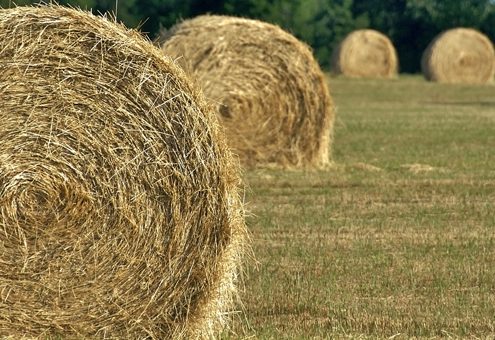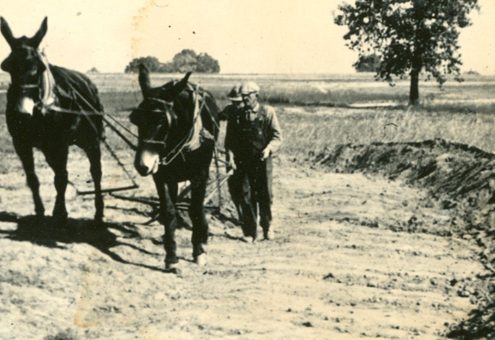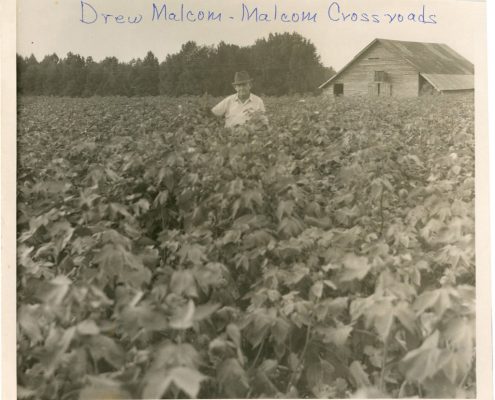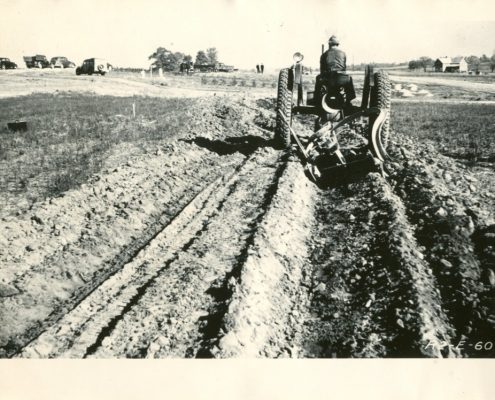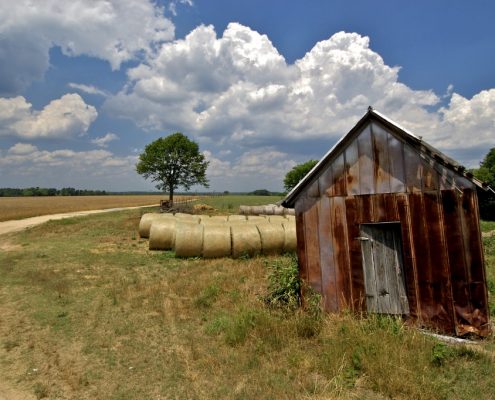 Conservation Use Valuation Assessment (CUVA) v. Conservation Easements
Conservation Use Valuation Assessment (CUVA) v. Conservation Easements
CUVA (Conservation Use Valuation Assessment) and Conservation Easements are different.
CUVA
- 10-year restriction on land use
- Restrictions determined by State of GA
- Landowner receives property tax (ad valorem) break
Conservation Easements
- Permanent restriction on land use
- Restrictions determined by landowner
- Landowner receives federal income tax deduction (and possibly a state tax credit)
![]() Click here to learn more about Conservation Easements.
Click here to learn more about Conservation Easements.
CUVA and it’s forestland counterpart FLPA, are state governed programs through which landowners agree to restrict their land use from 10-15 years in return for a property tax reduction. Enacted in 1992, CUVA was designed to 1) relieve family farms from the pressure to convert their land from agriculture to some more urban use (stop the loss of farmland), 2) be more competitive with surrounding states in the taxation of agricultural land (stop the loss of farms/agricultural industry to other states), and 3) to protect greenspace, farmland, and timberland important to the state’s water and air quality (protect the environment in which farms thrive).
CUVA has been Georgia’s most widely used and one of the most successful farmland preservation tools. It is the principal reason most of our farmers, many of whom have been here for generations, can afford to farm their land in the face of rising production costs and property values. In return for the favorable property tax treatment, the farmer must keep the land undeveloped in a qualifying use for a period of ten years, or incur stiff penalties.
The Conservancy in partnership with Morgan County Extension and the Morgan County Farm Bureau advocate strongly for CUVA and FLPA. ![]() Read their letter here.
Read their letter here.


